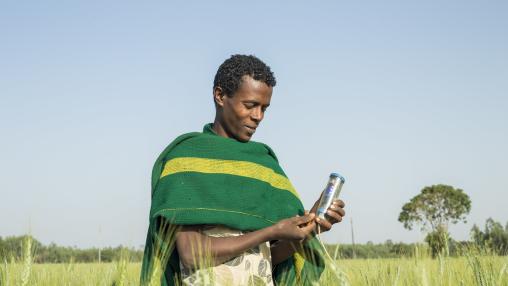
‘Miracle seeds,’ informational curses? The risk of high expectations for new agricultural technologies
Over the next few decades, farmers in sub-Saharan Africa will need to produce more food on less land and under increasingly difficult climatic conditions. The use of climate-smart agricultural practices and improved technologies such as higher-yielding and drought-tolerant crop varieties are thought to be at least part of the solution. Unfortunately, concerns are rising that the use of improved inputs and technologies across the region now seems to be stagnating—or at least advancing at a slower pace than required.
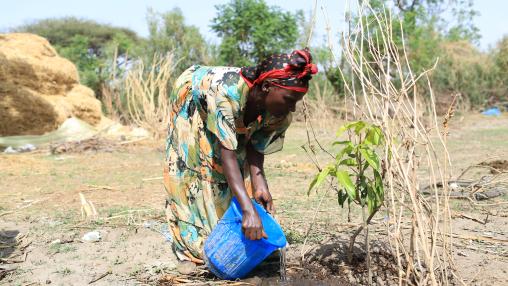
Increasing financial access in Ethiopia through mobile money
The mobile money revolution has begun to substantially increase financial access around the world. Mobile money accounts allow people previously excluded from the formal financial sector to access savings accounts, make payments to merchants, and make person-to-person transfers, among other services. Research has shown that mobile money access can have important effects on key outcomes such as improved resilience and food security.
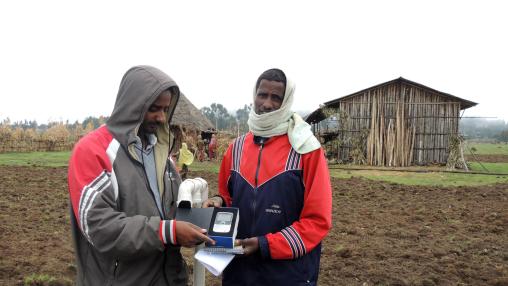
Developing and implementing Picture-Based Advisories (PBA) for farmers in Kenya
IFPRI’s picture-based insurance (PBI) initiative, recognized as a CGIAR@50 Innovation and active since 2016, relies on participating farmers to upload smartphone pictures of their fields at intervals throughout the growing season. In the event of bad weather, pests, disease, or other problems that harm the crops, the photos are used to assess the damage and trigger insurance payouts.
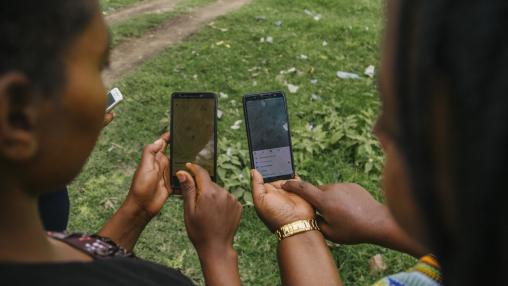
How mobile technologies are reducing gender inequities in Tanzania’s agrifood system
In the spring of 2022, we taught a graduate level course titled “Agri-food Systems and Economic Development” in Georgetown University’s Global Human Development Program. One of the assignments was writing a policy brief on the impact of a major shock to food systems (such as a significant policy or technological change, natural disaster, or the COVID-19 pandemic) on a sub-population in a country or region. This post by Christian Kamm is based on the assignment.
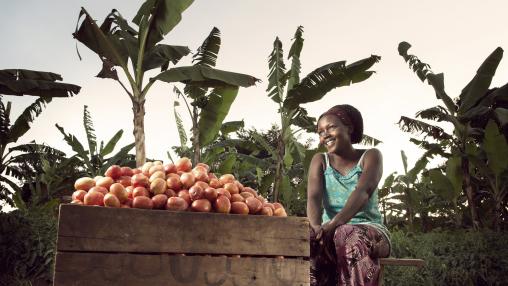
Accelerating adoption of climate-smart agriculture: Reaching women farmers in Uganda with video extension
Women play a vital role in agricultural production in low-income countries, but often lack the information needed to improve their agricultural practices. A recent dissemination event in Uganda highlighted the potential of targeted video-based extension to boost women’s adoption of key climate-smart technologies.
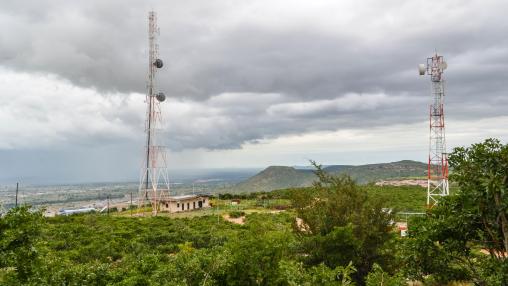
Telecommunications for rainfall monitoring
By Noam David, Oliver Gao, and Yanyan Liu
The lack of accurate rainfall measurements in developing countries poses problems in monitoring crop yields, which in turn can make it difficult for the providers of rainfall-based index insurance to gauge risks and set rates accurately.
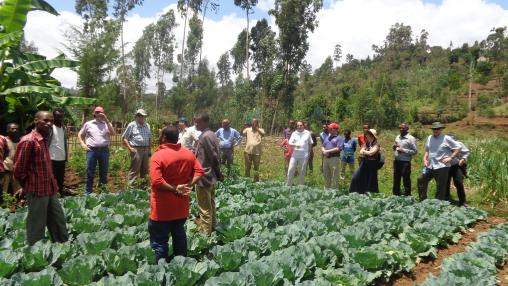
Rurbanomics: The path to rural revitalization in Africa
This post first appeared on the D+C Development and Cooperation site and IFPRI.org.
The deadlines to achieve the Sustainable Development Goals (SDGs) and the Paris climate goals draw ever closer. The ambitious imperative of the SDGs is to “leave no one behind.” The implication is that we must urgently revitalize rural areas, especially in Africa south of the Sahara. Now is the time for a dramatic, system-wide transformation to make rural areas more productive, more sustainable, more climate-resilient, healthier and more attractive places to live.
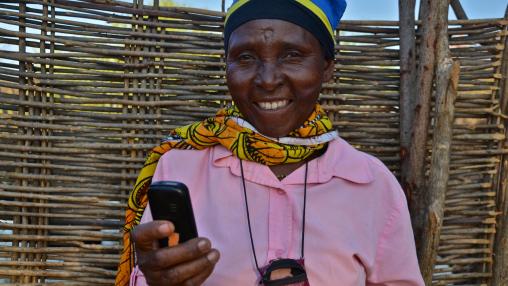
Scaling Up ICTs for Agriculture
Information and Communication Technologies (ICTs) have vast potential for improving agriculture and food security and achieving the Sustainable Development Goals (SDGs). ICTs can contribute to agriculture in a variety of ways, from helping farmers get fair prices for their produce to increasing agricultural yields.
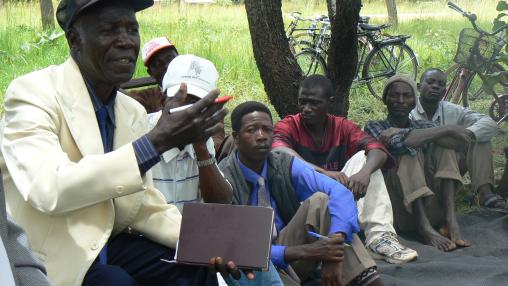
ICTs for Agriculture: Way Forward
Last week, a panel of global and regional experts joined the Africa south of the Sahara Food Security Portal for a virtual dialogue on ICT use in African agriculture . The dialogue centered on four main discussion questions:
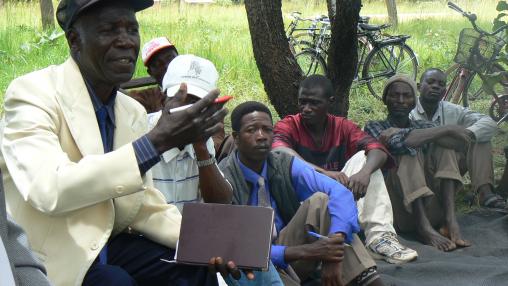
Virtual Dialogue: ICTs in African Agriculture (Summary coming soon)
Information and Communication Technologies (ICTs) - including mobile phones, audio-visual communication, digital technologies, and internet services - have played a significant role in development in Africa south of the Sahara over the past decade. The potential benefits of ICTs for the region’s agricultural sector, and its poor farming households, are especially important, as Africa south of the Sahara has the lowest rates of agricultural productivity and the highest rates of hunger in the world.